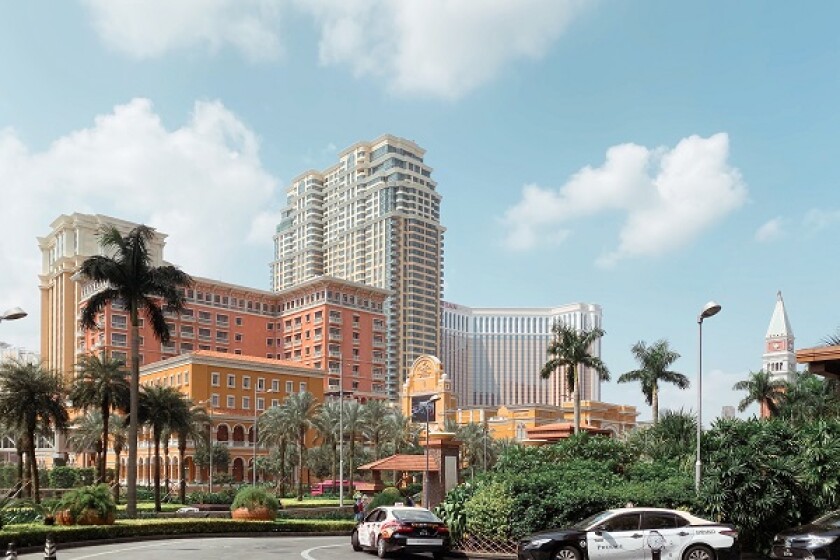Two years after being first proposed in the Legislative Assembly, the new hotel business law was finally approved and will enter into force on January 1 2022, further opening the door to the much touted diversification of Macau SAR’s hospitality sector.
Positive changes
The major feature of Law No. 8/2021 is the introduction of budget and low-cost accommodation into an industry which is out of the reach of many would-be visitors. By creating and regulating affordable, legal accommodation solutions, the law not only widens the spectrum of potential visitors, but also allows others to extend their stays in town beyond what’s usual. Following Beijing’s requests, legislators thus set the tone for a general shift towards a kind of tourism industry that is not so blatantly over-reliant on gambling.
Under the new law, low-cost hotels may choose to provide accommodation in single or in shared rooms, in which case these must be separated by gender and may lodge four to eight people in what amounts to premises typically found in hostels. At the same time, the standards of five-star hotels (which have been split into five-stars and luxury five-stars) have been set higher in a bid to further solidify Macau SAR’s reputation as a premier luxury destination.
Law No. 8/2021 also creates a ‘one stop’ registration service, which will ease the procedure for the licensing of restaurants, bars, or night clubs located within licensed hotel premises.
However not everything has changed. Offering accommodation in private homes remains illegal under the new law, which mandates that hotels operate in buildings with government permits previously granted for that specific purpose and which, together with Law No. 3/2010, sanctions those who break the applicable provisions with hefty administrative fines.
This is a necessity (and inevitability) in a city where the severe shortage of affordable housing remains one of the most pressing social issues and forces countless workers to commute to and from the region on a daily basis while maintaining a personal residence in vastly more affordable mainland China.
João Nuno Riquito
Managing partner, Riquito Advogados
Paulo Alves Teixeira
Trainee lawyer, Riquito Advogados



